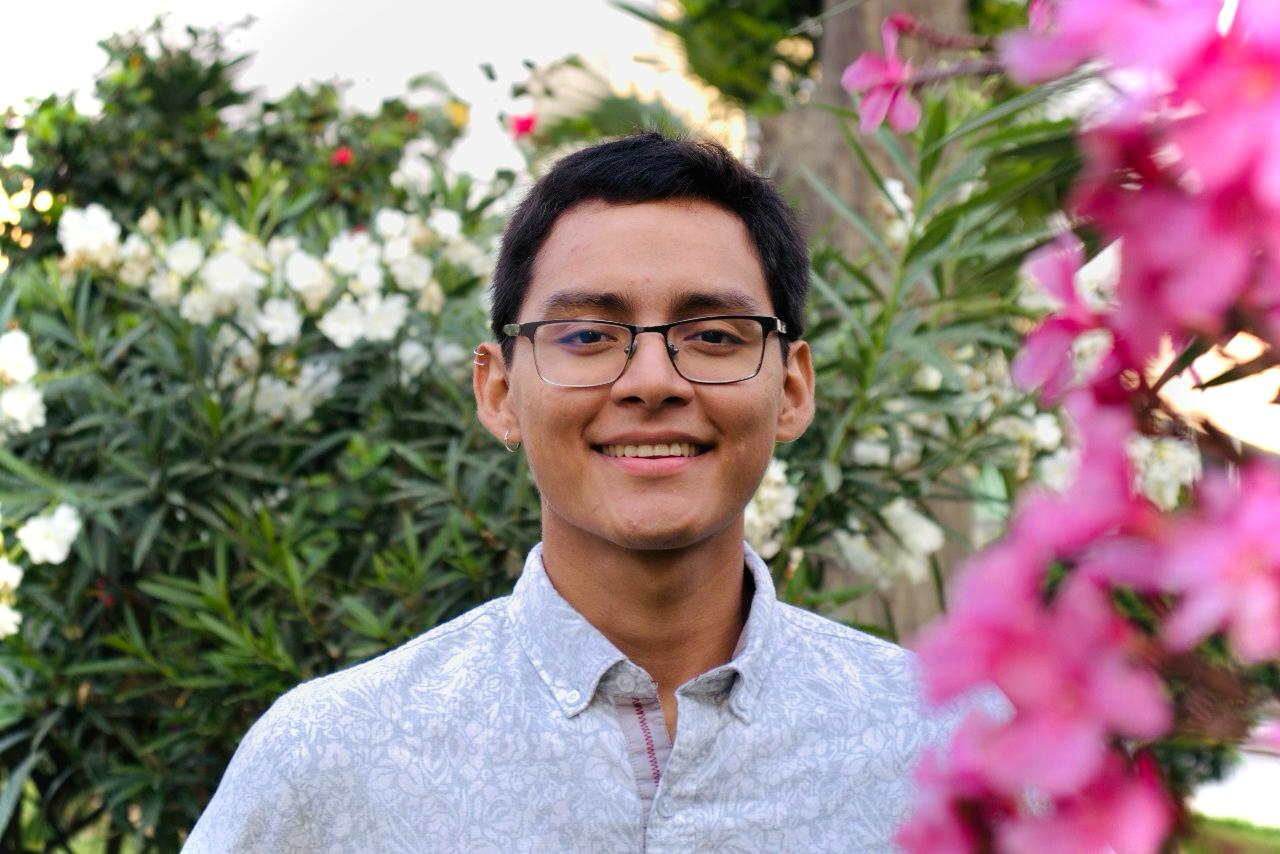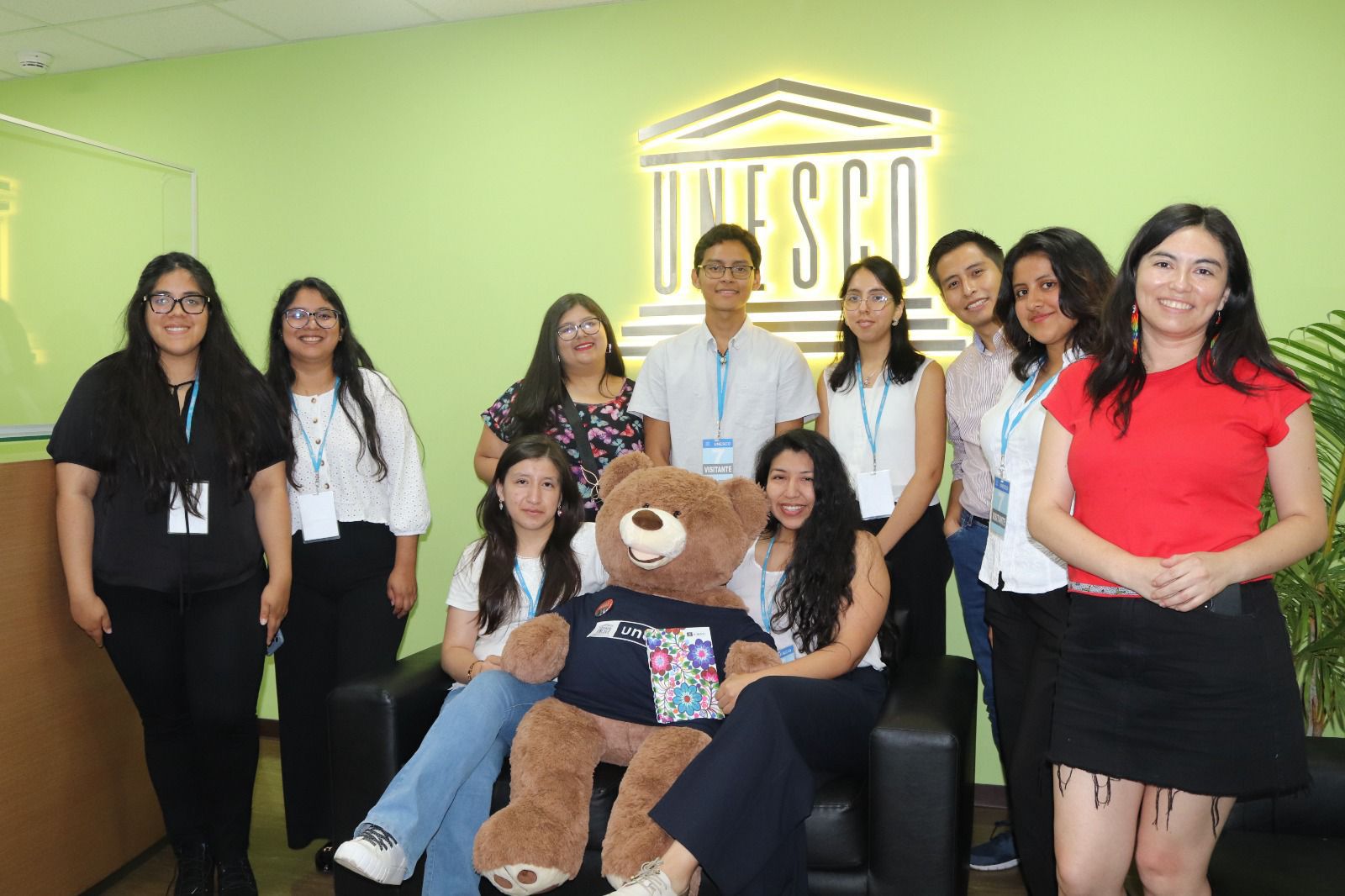By Gruber Vargas
Secretary General for Youth, Politics and Development - Peru
To speak of youth in Peru is to speak of resilience, creativity, and collective action. We are a generation that has grown up amidst political uncertainty, the structural gaps of inequality, and the opportunities opened up by digital globalization. Faced with these tensions, young Peruvians don't wait for solutions to come from above; we build them from the bottom up, from neighborhoods, networks, communities, and convictions. In this article, I offer a look at how Peruvian youth face the challenges of employment, healthcare, education, and entrepreneurship, with an autonomous, territorial, and deeply political capacity, in the best sense of the word: committed to the common good.
In Peru, more than 70% of youth employment is informal. Many young people work without contracts, without insurance, without any protection. But far from resigning themselves, young people have learned to adapt and create new forms of work. Social media, digital commerce, and self-employment have become spaces for subsistence and growth. However, this reinvention often coexists with exploitation and exhaustion.
Through spaces such as cultural collectives, networks of young entrepreneurs, and social organizations, collaborative economy experiences, sustainable jobs, and advocacy proposals are being developed to ensure that the State guarantees real public youth policies. Youth employment cannot continue to be a matter of "personal opportunity"; it is, above all, a structural debt the country owes its younger generations.
One of the most overlooked issues in the country is youth mental health. We live in a society that demands constant performance but offers no emotional support. Added to this is domestic violence, discrimination based on sexual orientation, ethnicity, or economic status, and the constant fear of social or political violence.
Faced with this, many young people have created safe spaces: listening circles, peer support, activism for emotional well-being, and campaigns to break the stigma. From Amazonian villages to working-class neighborhoods in Lima, youth networks are emerging that understand that caring for mental health is not a luxury, but a political act. In a country where there is less than one psychologist for every 100,000 people in rural areas, young people have begun to do what the state cannot: take care of each other.
The pandemic exposed the precariousness of the Peruvian education system, with thousands of young people left without access to virtual classes due to a lack of internet or equipment. But it also highlighted the self-management capacity of young people. Initiatives emerged for community tutoring, collaborative learning, educational content creation, and even community radio stations where students taught students.
The education we need is not only technical or employment-focused. It is also critical, community-based, and decolonizing. Many young people, especially Indigenous and Afro-descendant youth, are demanding an education that respects their ancestral knowledge and cultural identity. School, then, is not only in the classroom, but also in community gardens, in neighborhood assemblies, in digital spaces where citizenship is formed and individual thinking is strengthened.
Peruvian youth entrepreneurship is not only a way to generate income: it's also a tool for social transformation. From young people creating clothing brands with political messages to those who establish organic coffee cooperatives in the mountains or sustainable ecotourism in the Amazon, entrepreneurship becomes a way to defend the territory, promote identity, and generate economic autonomy.
But starting a business in Peru as a young person means facing bureaucratic barriers, lack of financing, and exclusion from decision-making spaces. Even so, we see a constant force: young people who, from a community perspective, are reinventing the economy based on values of justice, sustainability, and mutual care.
Peruvian youth is not just an age group; it's a political condition, a life experience marked by the urgency of living with dignity. We face immense challenges, but we also embody responses that emerge from the everyday and the collective.
Our challenge is not only to be heard, but to be recognized as protagonists of local and global development. What's at stake is not only our future, but the present of our communities. And in that present, Peruvian youth are on the move, organizing, creating, caring, and dreaming.
We don't wait for permission to change the world, we're already doing it.






